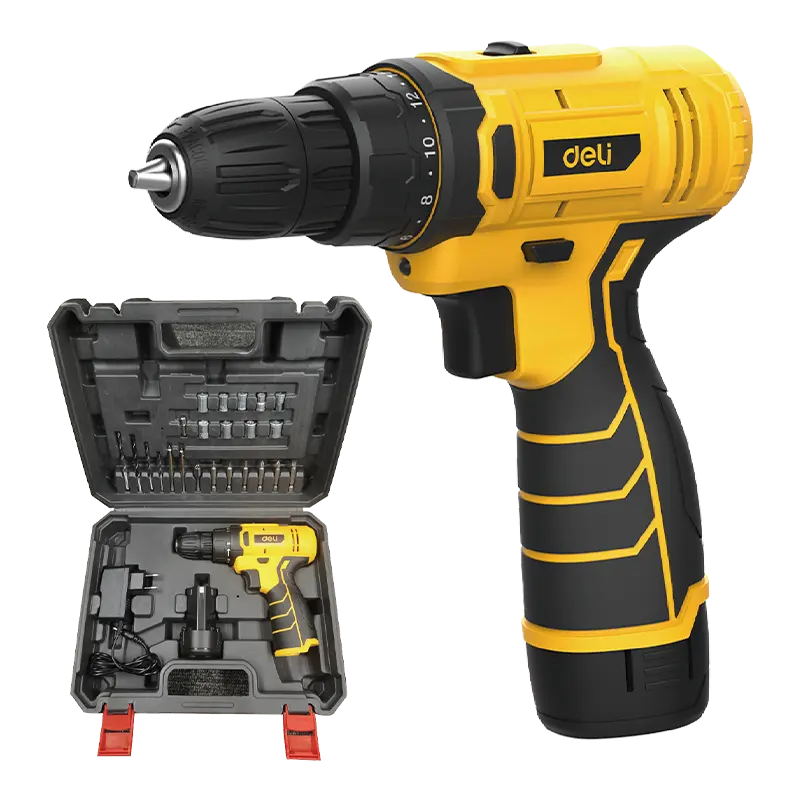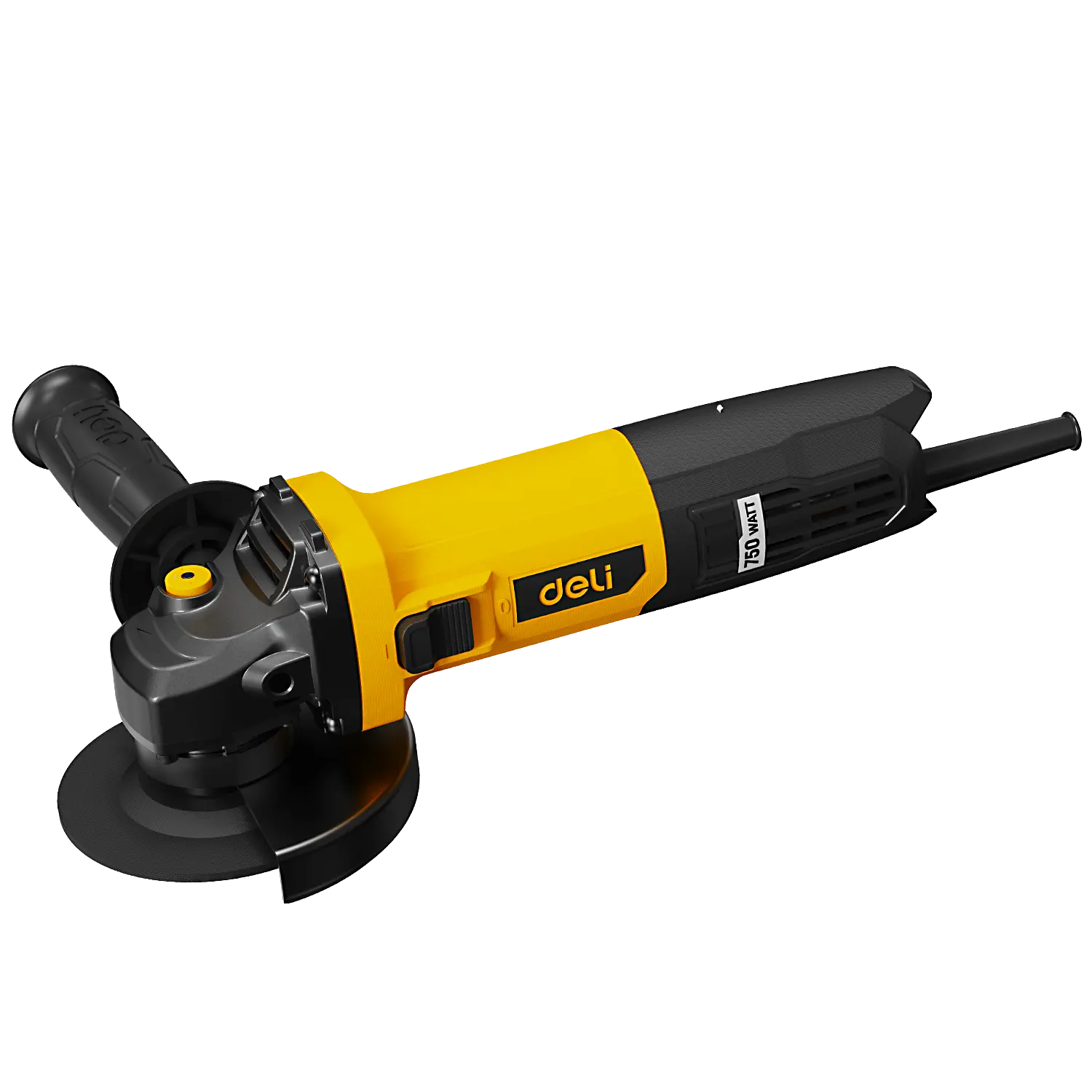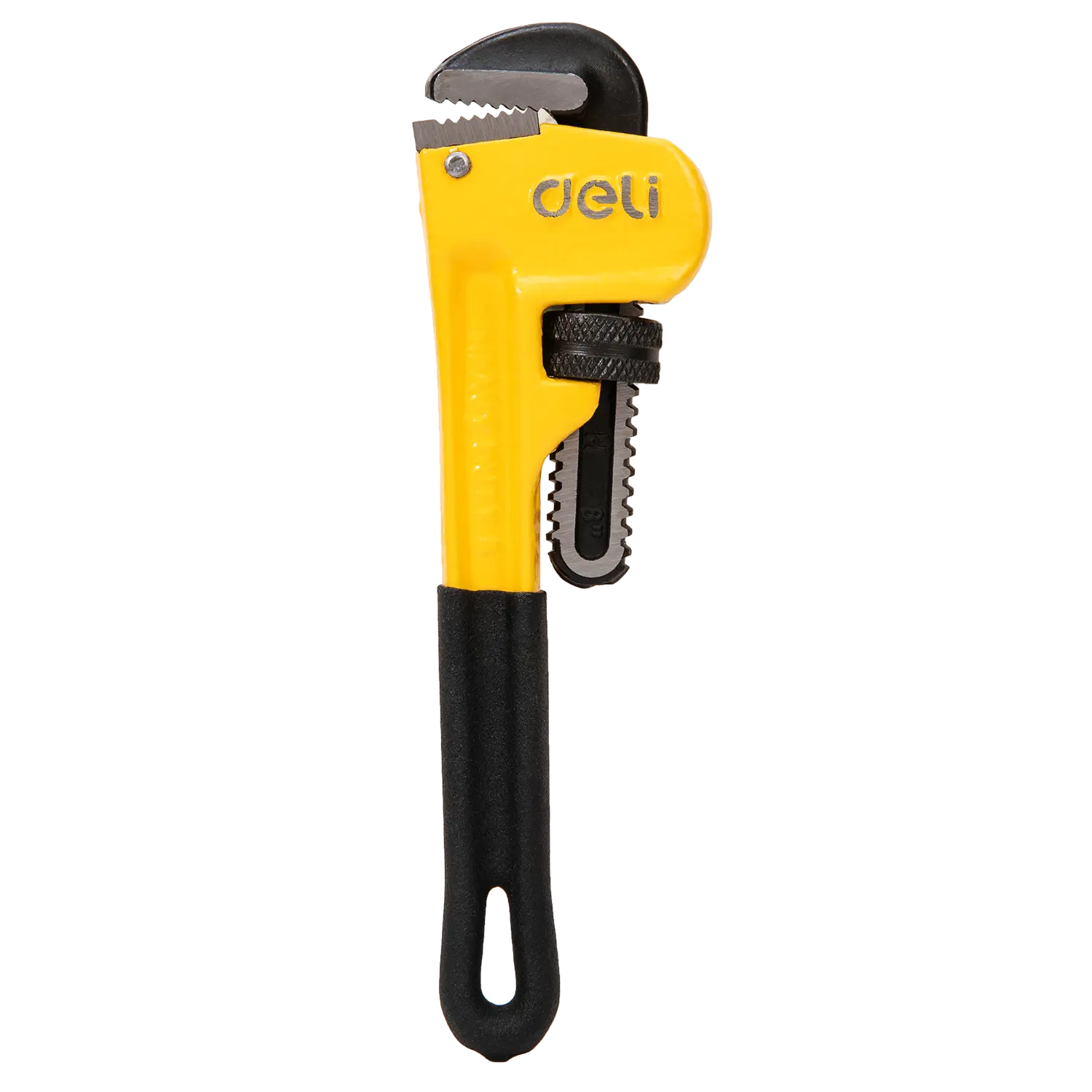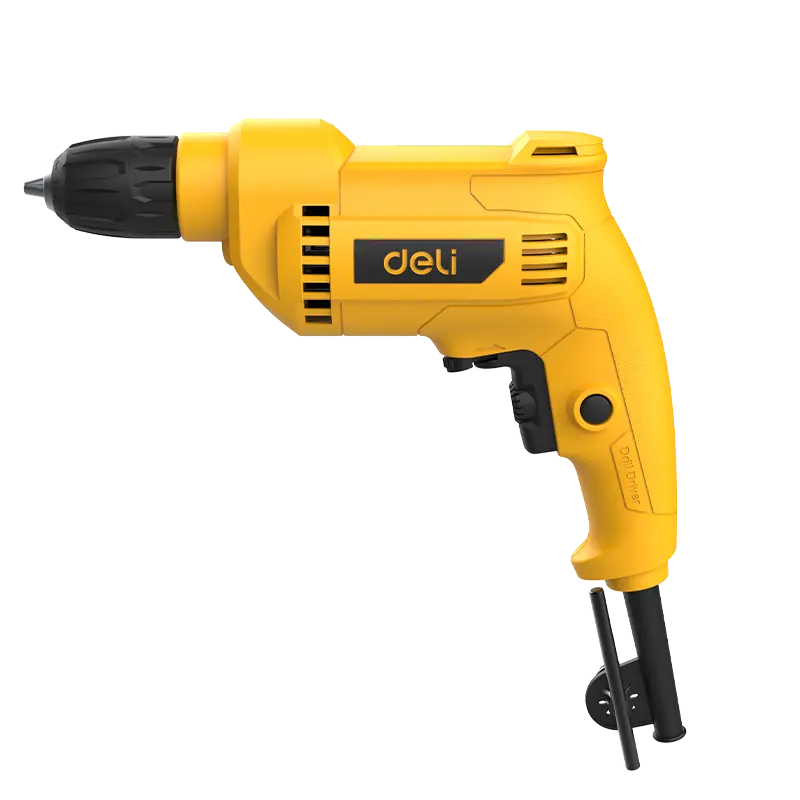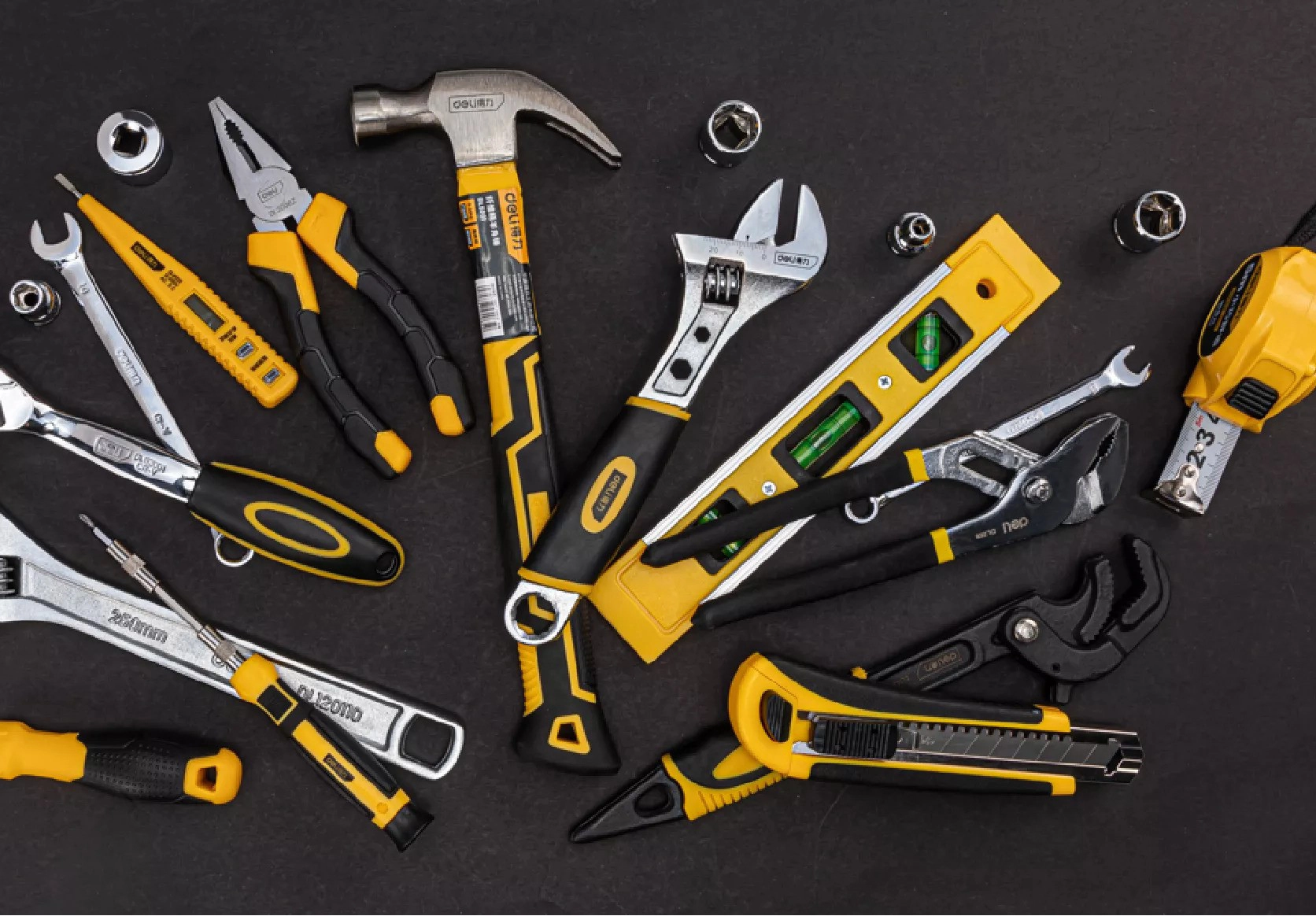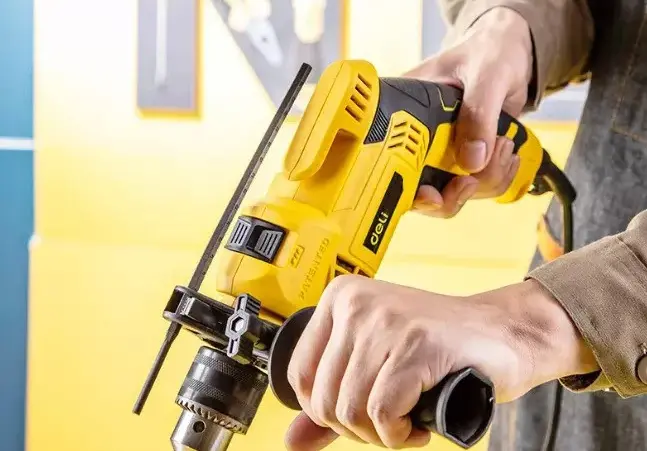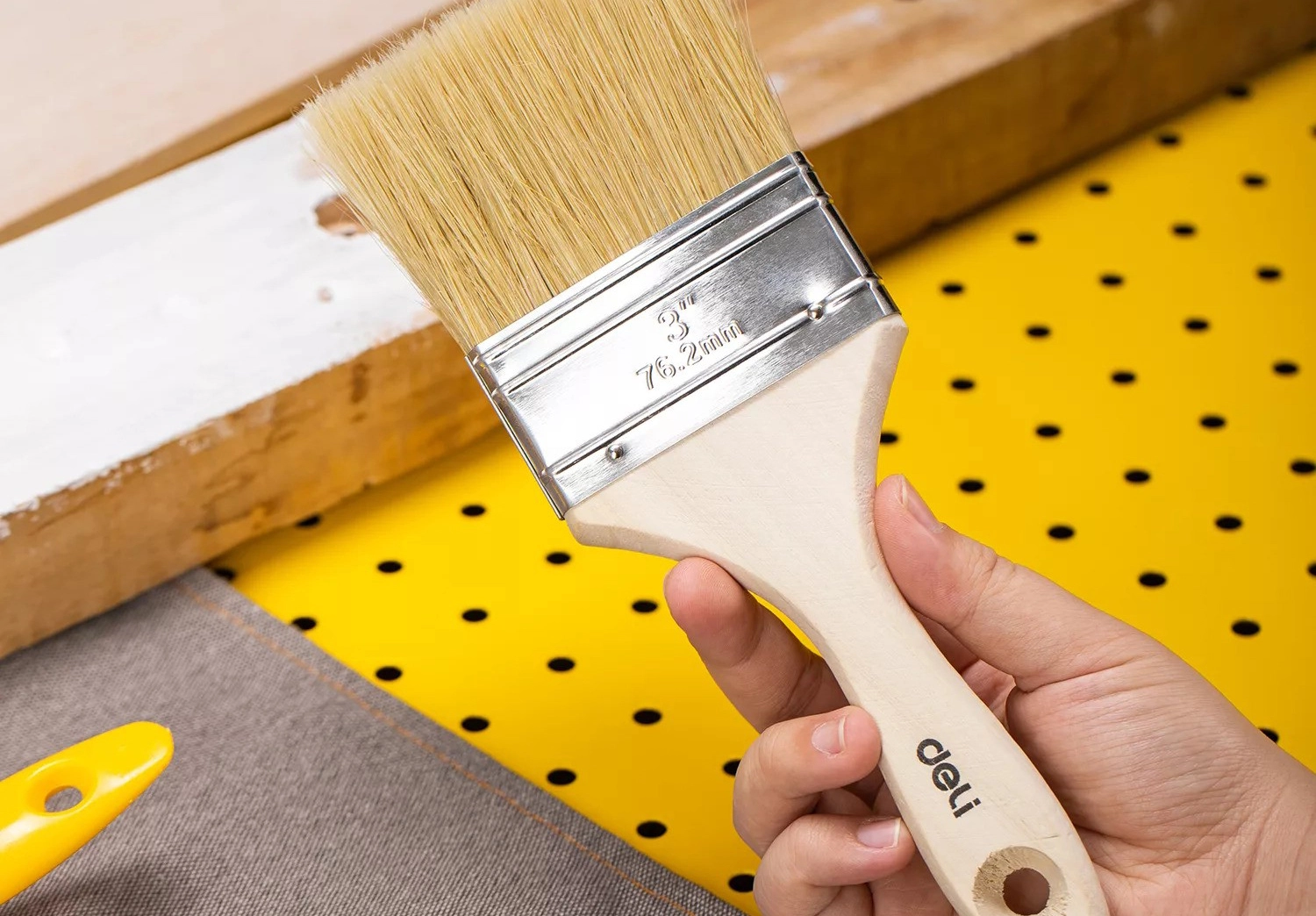Introduction
The pipe wrench is a quintessential tool in the world of plumbing and mechanical work. Its unique design and functionality make it indispensable for gripping and turning pipes and fittings. But what exactly is a pipe wrench, and why is it so vital in various applications? In this article, we will delve into the anatomy, types, uses, and maintenance of the pipe wrench, providing a comprehensive understanding of this essential tool.
Anatomy of a Pipe Wrench
To truly appreciate the pipe wrench, one must first understand its anatomy. A pipe wrench from a professional pipe wrench manufacturer typically consists of several key components that work in harmony to provide its gripping power.
Handle
The handle of a pipe wrench is usually made of durable materials such as steel or aluminum. It provides the leverage needed to turn pipes and fittings with ease. The length of the handle can vary, with longer handles offering more leverage for tougher jobs.
Jaw
The jaw is the business end of the pipe wrench. It features serrated teeth that grip onto the pipe, preventing slippage. The jaw is adjustable, allowing the wrench to accommodate various pipe sizes.
Adjustment Nut
The adjustment nut is located near the jaw and allows for quick and easy adjustments to the jaw's width. This feature is crucial for ensuring a snug fit on different pipe diameters.
Types of Pipe Wrenches
Pipe wrenches come in various types, each designed for specific tasks and applications. Understanding the different types can help you choose the right tool for the job.
Straight Pipe Wrench
The straight pipe wrench is the most common type. It is versatile and can be used for a wide range of plumbing tasks. Its straightforward design makes it a go-to tool for many professionals.
Offset Pipe Wrench
The offset pipe wrench features an angled jaw, making it ideal for working in tight spaces. This design allows for better access to pipes and fittings that are difficult to reach with a straight wrench.
End Pipe Wrench
The end pipe wrench has a jaw that is perpendicular to the handle. This design is perfect for working on pipes close to walls or other obstructions. It provides a secure grip in confined spaces.
Compound Leverage Pipe Wrench
The compound leverage pipe wrench is designed for heavy-duty applications. It features a unique mechanism that multiplies the force applied, making it easier to turn stubborn pipes and fittings.
Uses of a Pipe Wrench
The pipe wrench from Deli, which is a leading pipe wrench factory is a versatile tool with a wide range of uses in plumbing, mechanical work. Here are some common applications:
Plumbing
In plumbing, the pipe wrench is indispensable for installing and removing pipes and fittings. Its strong grip ensures that pipes can be tightened or loosened without damaging them.
Mechanical Work
Mechanics often use pipe wrenches to work on vehicles and machinery. The wrench's ability to grip round objects makes it ideal for tasks such as removing stubborn bolts and nuts.
Maintaining Your Pipe Wrench
Proper maintenance is essential to ensure the longevity and performance of your pipe wrench. Here are some tips to keep your tool in top condition:
Cleaning
After each use, clean your pipe wrench to remove any dirt, grease, or debris. This will prevent buildup that can affect the wrench's performance.
Lubrication
Regularly lubricate the adjustment nut and jaw to ensure smooth operation. Use a high-quality lubricant to keep the moving parts functioning properly.
Inspection
Periodically inspect your pipe wrench for signs of wear and tear. Check the teeth on the jaw for any damage and replace the jaw if necessary. Also, ensure that the handle is free from cracks or bends.
Conclusion
The Deli Tools pipe wrench is a vital tool that plays a crucial role in various applications, from plumbing to mechanical work. Its unique design and functionality make it indispensable for gripping and turning pipes and fittings. By understanding the anatomy, types, uses, and maintenance of the pipe wrench, you can ensure that you are using this tool effectively and efficiently. Whether you're a professional, a pipe wrench is a must-have in your toolkit.


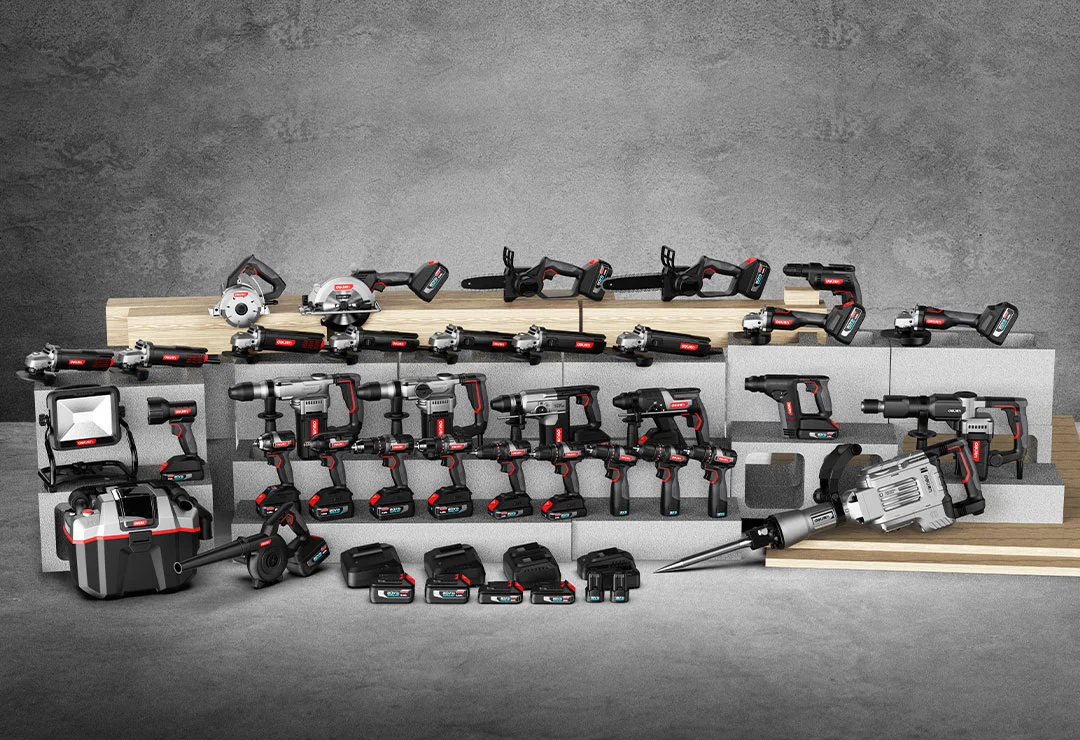
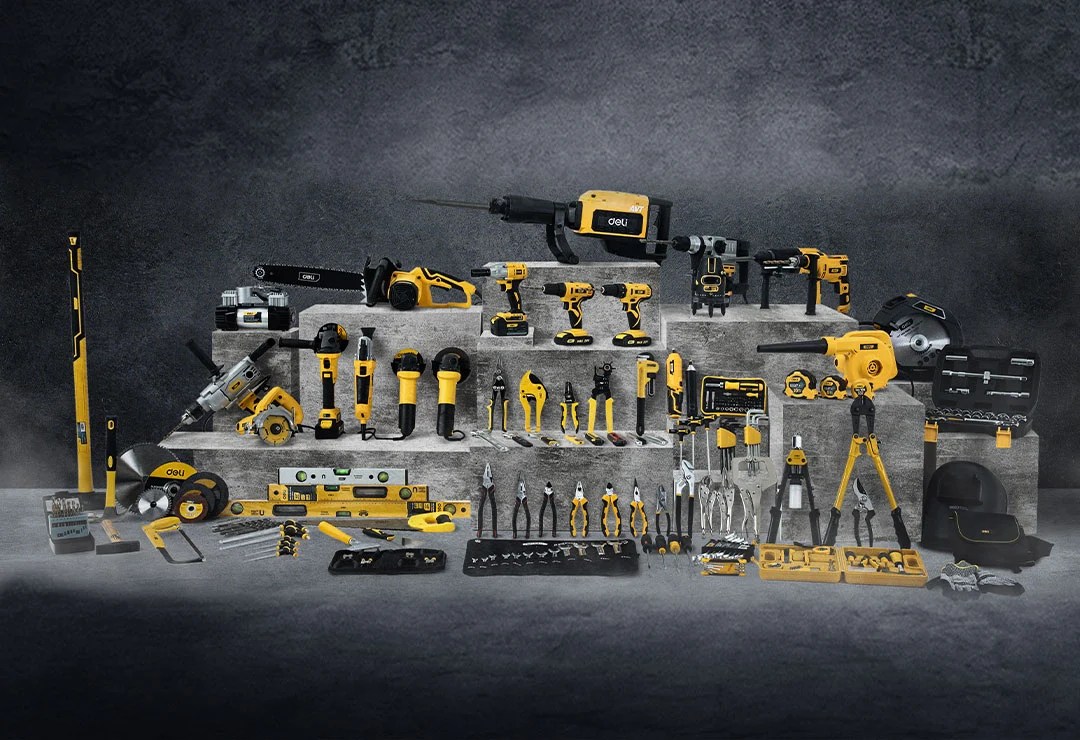
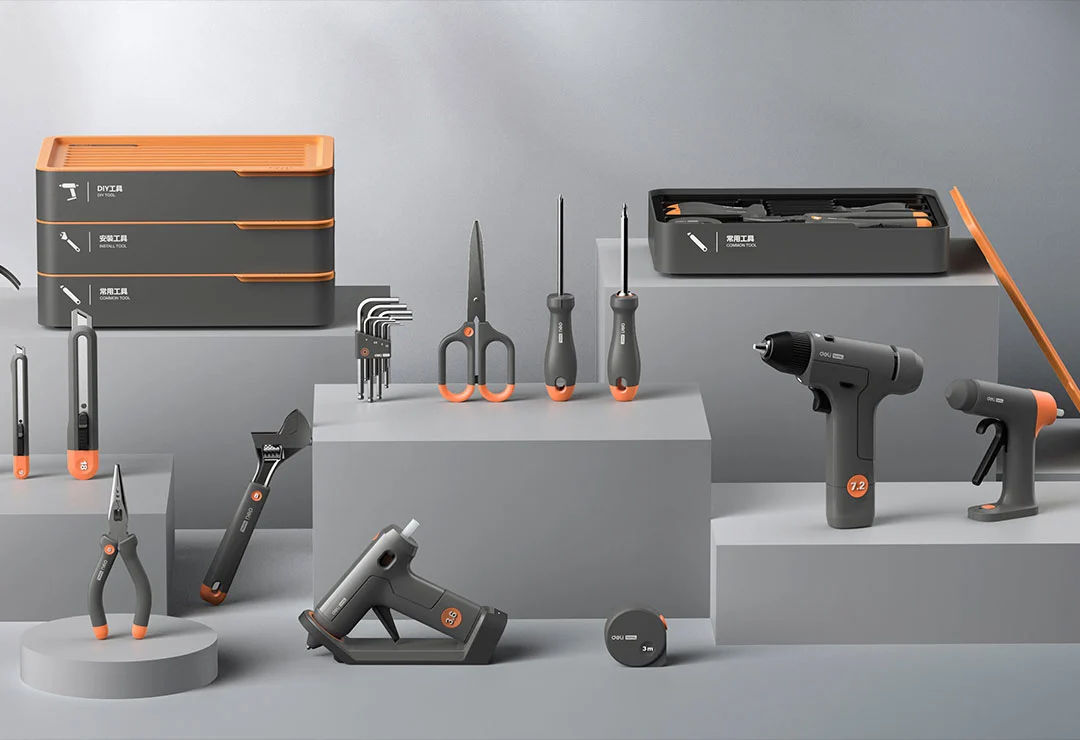
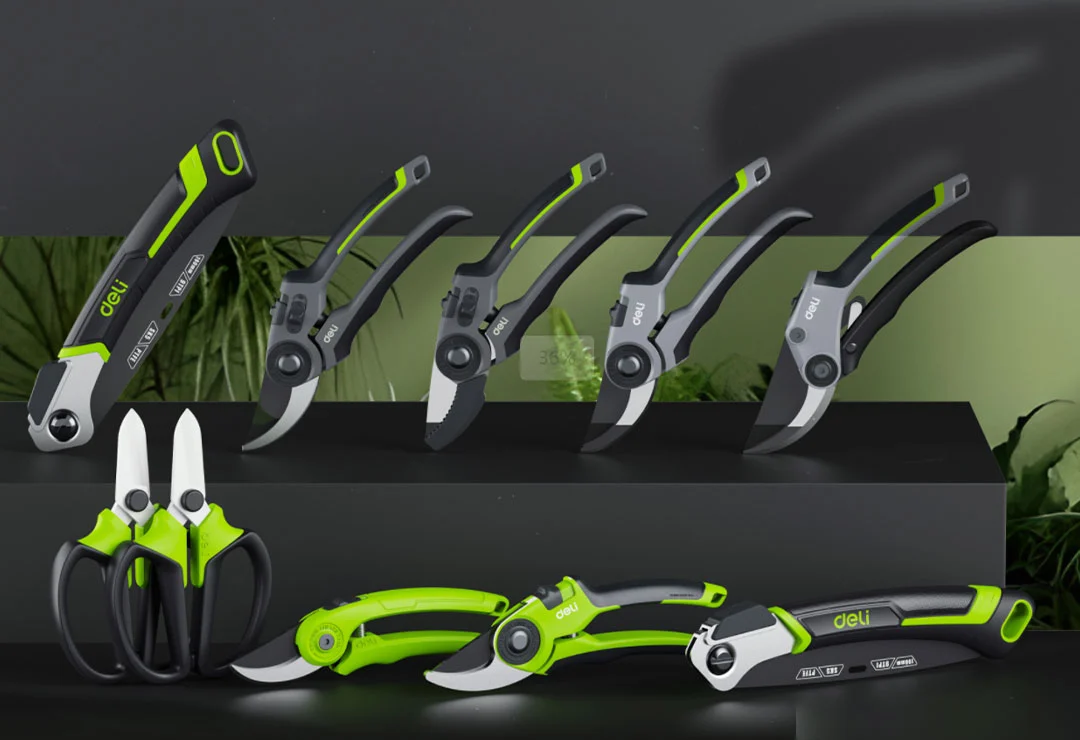
 EN
EN
 jp
jp  ko
ko  fr
fr  de
de  es
es  it
it  ru
ru  pt
pt  ar
ar  vi
vi  th
th  hi
hi  pl
pl  id
id  el
el 